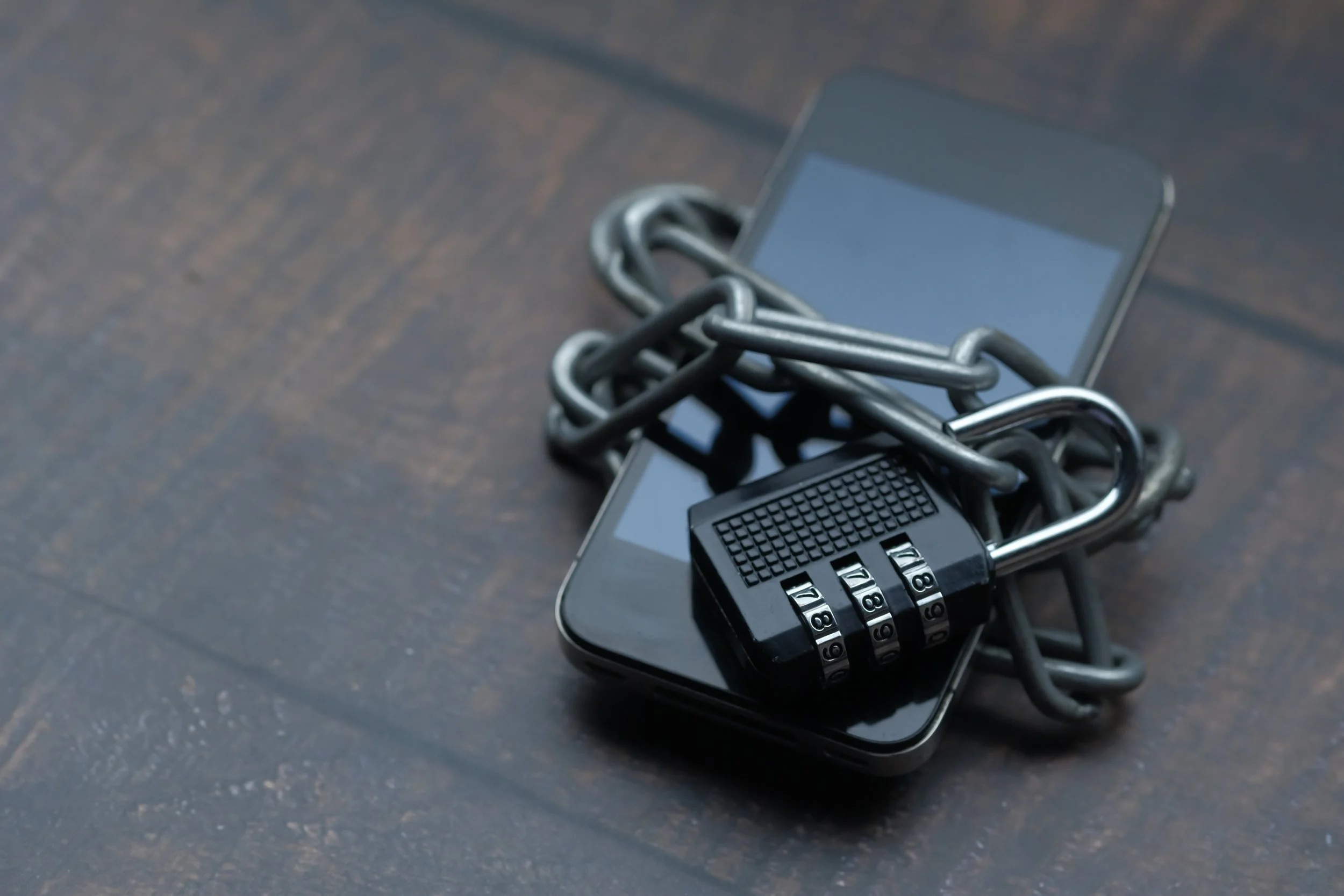How to Recognize and Avoid Common Phone Scams
Phone scams have become increasingly sophisticated in recent years, preying on vulnerable individuals with the goal of stealing their personal and financial information. In this post, we will discuss the most common types of phone scams, how to spot them, and what steps you can take to protect yourself from becoming a victim. If you are unaware of such activities, then reading this blog is a must!
A rundown of the most prevalent scams targeting phone users
Phone scams are an unfortunate reality of today's digital age. Scammers are constantly coming up with new tactics to deceive unsuspecting individuals. It is crucial to be aware of the general types of phone scams to protect yourself from falling victim to these fraudulent schemes.
"IRS impersonation" scam
One prevalent type of phone scam is the "IRS impersonation" scam. In this scam, the caller poses as an IRS agent and claims that the recipient owes back taxes. They use fear tactics and threaten legal action or arrest if immediate payment is not made. It is important to remember that the IRS will always send official notices by mail and will never demand immediate payment over the phone.
"Tech support" scam
Another common phone scam is the "tech support" scam. Scammers pretend to be technical support representatives from well-known companies, like Microsoft or Apple. They claim that there is a problem with your computer or device and offer to fix it remotely for a fee. Legitimate tech support will never contact you unsolicited and ask for payment or remote access to your device.
"Grandparent" scam
The "grandparent" scam is another heart-wrenching tactic used by scammers. They call elderly individuals, pretending to be a grandchild in distress, often claiming to be stranded in a foreign country or facing legal trouble. They ask for money to help resolve the situation quickly. It is essential to verify the person's identity before sending any money or personal information.
Lottery and sweepstakes scams
Additionally, there are lottery and sweepstakes scams, where scammers inform you that you have been part of a lottery and have won an unimaginable sum. They then ask for payment or personal information to claim your winnings. Remember, legitimate lotteries and sweepstakes will never ask for money upfront to receive your prize.
Warning signs to look out for when receiving calls from unknown numbers
Calls from unverified numbers can be a common occurrence. While some of these calls may be innocent or even important, it is crucial to be vigilant and aware of the warning signs that could indicate a potential phone scam.
- One of the main things to pay attention to is if the caller asks for personal or financial information right off the bat. Legitimate organizations, such as banks or government agencies, will never request sensitive information over the phone without proper identification procedures.
- Another red flag to be aware of is pressure tactics or urgent demands. Scammers often rely on creating a sense of urgency to catch unsuspecting victims off guard. They may claim that there is an immediate problem with your account, a pending legal issue, or an outstanding debt that must be paid off immediately.
- Furthermore, be cautious if the caller insists on payment through unconventional methods, such as gift cards, wire transfers, or cryptocurrency. Scammers often choose these methods as they are difficult to trace and provide them with quick access to funds.
- Lastly, trust your instincts. If something feels off or too good to be true, it probably is. Scammers are skilled at playing on our emotions, offering incredible deals, prizes, or opportunities that are too tempting to resist. Always take a step back, do your research, and consult with trusted sources before making any decisions or sharing sensitive information. If you suspect a scam, hang up immediately and report the incident to your local authorities or the Federal Trade Commission (FTC).
By recognizing these warning signs, you can protect yourself from falling prey to common phone scams. Remember, it is better to be cautious and skeptical than to be sorry later.
Steps to Safeguard Your Sensitive Data
Protecting your personal information is crucial, especially when it comes to avoiding falling victim to identity theft.
- You should never share personal information, such as your Social Security number, bank account details, or passwords over the phone unless you initiated the call and are certain of the caller's legitimacy. Scammers often pose as representatives from trusted organizations to trick you into divulging your sensitive data.
- Secondly, be wary of unsolicited phone calls requesting personal information or offering too-good-to-be-true deals. If a caller pressures you for immediate action or claims that you have won a prize or lottery, exercise caution. Legitimate organizations typically do not demand immediate responses or ever require information on a call, as they have access to it already.
- Investing in caller ID services or call-blocking apps can assist in identifying and blocking potential scam calls. These tools can help filter out suspicious numbers, or flag calls from known scam sources, providing an extra layer of protection.
- Using reverse phone lookup services can also come in handy. PhoneHistory is an excellent platform that gives you details of unknown phone numbers. This will allow you to confirm if an unknown number is from a legit organization or not.
Remember, safeguarding your information is a responsibility that should not be taken lightly. By implementing these steps and remaining vigilant, you can significantly reduce the risk of falling victim to phone scams and safeguard your sensitive data from identity theft.
Conclusion
We hope that this guide has been helpful in equipping you with the knowledge and awareness needed to protect yourself from fraudulent schemes. With phone scams getting more and more believable by the minute, it is crucial to know and learn about them. Remember, knowledge is power, and being aware is the first step in safeguarding yourself. Stay safe, and always question any suspicious calls that come your way.





